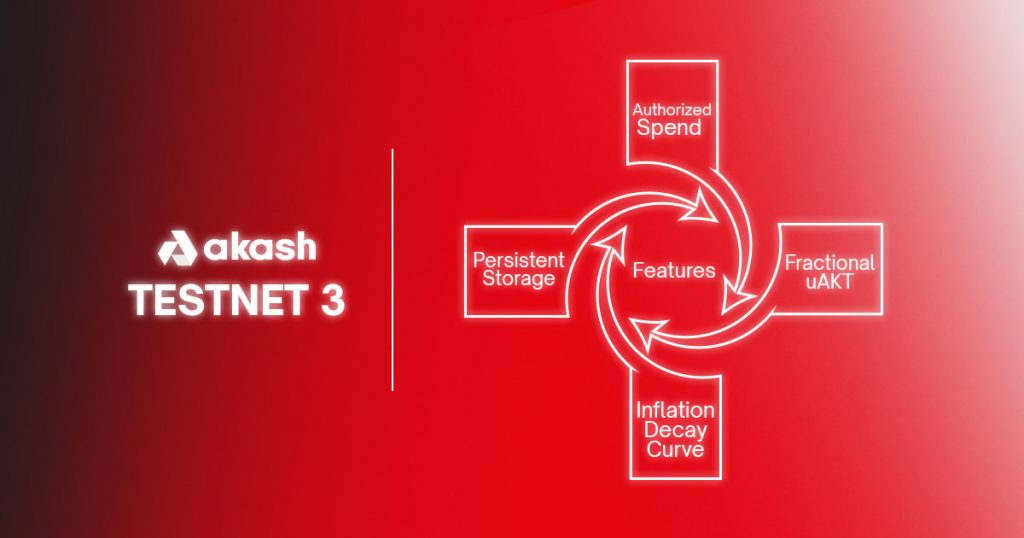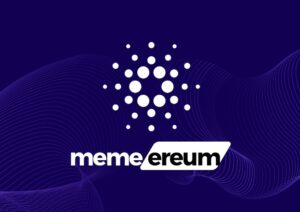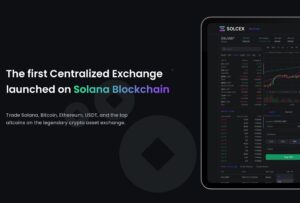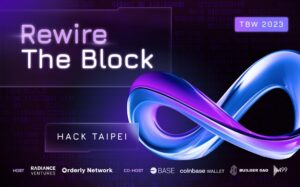Akash Network announces its third testnet, a competition for developers and crypto enthusiasts to stress-test recently released features, will launch on Monday, March 7th at 10 am PST – March 20th at 11:59 pm PST. This two-week testnet is focused on real-world applications including deploying validators and nodes, running high-resource workloads, and expanding applications for the mining community. With a prize pot of $200,000 in USD, this testnet encourages users to participate in the decentralized web and contribute to the future of Web 3.0.
“Testnet 3 is very exciting as it serves as a precursor to our next big milestone of launching to Mainnet 3 where a myriad of new features and use cases will be unlocked,” said Greg Osuri, CEO of Akash Network. “This testnet ultimately expands the functionality of Akash Network and demonstrates its capabilities to further support decentralized cloud infrastructure, helping users move away from centralized cloud service providers and onto Akash Network.”
Features released for Testnet 3 focus on greater flexibility for running high-resource workloads and allow blockchain ecosystems to decentralize their cloud infrastructure. Key features for testnet 3 include:
- Persistent Storage: Allows data to remain available through the lifetime of its lease. A deployment could drop, reinitialize, and move within a provider while retaining access to data stored. The ability for data to remain available through the life of its lease is a huge leap forward for many deployment use cases. Read more about Persistent Storage, here.
- Fractional uAKT: Fractional uAKT removes the minimum cost of deployment. In the past, a deployment could not be cheaper than one uAKT per block. This means, extremely light workloads like a crypto wallet or personal blog could end up being more expensive than necessary. With fractional uAKT, prices will remain consistent and resource consumption can be accurate to the cost. Read more about Fractional uAKT, here.
- Authorized Spend: Authorized Spend allows users to authorize their wallet to spend a set number of tokens by another source wallet on deployments. This allows large teams to work on deployments together without using shared wallets, thereby reducing security concerns. This also allows new community members to spin up deployments without access to a faucet. Read more about Authorized Spend, here.
- Inflation Decay Curve: Today the inflation curve is handled manually by proposal voting when it is deemed necessary. On occasion, this has led to the Akash Token (AKT) scaling incorrectly with inflation going out of ideal ranges. To solve this, the automatic curve mechanism will autocorrect when the inflation differs from the plan. This removes the need for human intervention and further stabilizes and secures the future of the token and the economics surrounding it.
“In this release, we are enabling higher resource caps for each deployment. Deployments will now have access to 256 CPUs, 512 CPUs, 32 TB storage capacity and 512 GB memory,” said Adam Bozanich, CTO of Akash Network. “Persistent storage is not just an optional feature, it is a requirement for many workload types such as large blockchain node hosting and database-backed applications.”
About Akash Network
Akash Network is a decentralized peer-to-peer marketplace for cloud compute and provides a fast, efficient, and low-cost application deployment solution. Akash Network’s native token (AKT), is used as a default mechanism to store and exchange value, govern and secure the blockchain while incentivizing its participants through rewards. Utilizing containerization and open-source technology, Akash Network leverages 85% of underutilized cloud capacity in 8+ million global data centers, enabling anyone to buy and sell cloud computing. Developers leveraging Akash Network can access cloud computing at a fraction of the cost compared to centralized cloud providers like Amazon Web Services (AWS), Google Cloud, and Microsoft Azure. For more information visit: https://akash.network/.











